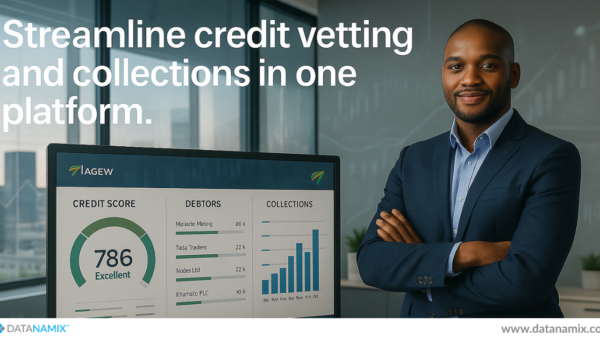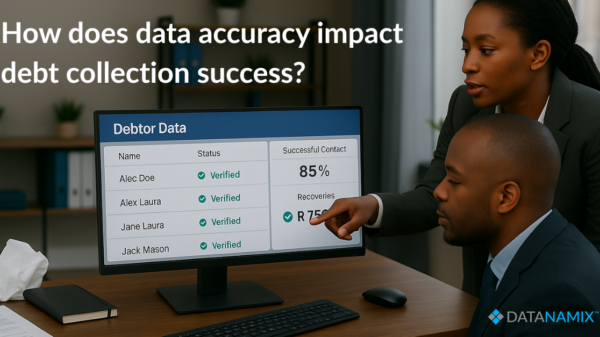Directive 8 aims to ensure that companies check the skills and honesty of both potential and current employees. It also requires screening employee details against financial sanctions lists to prevent money laundering, terrorist financing, and proliferation financing risks.
So, as a business, what do you need to know?
Take a Risk-based Approach:
Whilst all employees must be subject to scrutiny, not all employees present the same level of Money Laundering (ML) / Terrorist Financing (TF) / Proliferation Financing (PF) risk. An accountable Institution must determine the level of risk an employee role poses and ensure that the screening applied is proportionate.
As such, where the Company identifies a higher risk of ML/TF/PF based upon the employee role, the Company should apply more stringent competency and integrity screening and seek to mitigate any identified risk.
The Company asserts to identify and verify employees and collect information and evidence of sufficient quantity and quality to be able to assess the potential level of ML/TF/PF risk presented.
The new FICA requirements
With the FIC Act comes a new set of requirements that all accountable institutions need to adhere to.
- Prospective and current employees are screened for competence and integrity before their appointment and on an ongoing basis in a risk-based manner.
- Prospective employees and current employees’ information is scrutinised against the targeted financial sanctions (TFS) list to identify, assess, monitor, mitigate, and manage the risk of money laundering (ML), terrorist financing (TF), and proliferation financing (PF).
- The institution must provide for how both types of screening will be conducted and record it in the institution’s Risk Management and Compliance Programme (RMCP).
- Records of the outcome of both types of screening must be kept.
- The FIC or other supervisory bodies can request the institution to provide the records relating to the manner and outcomes of both types of screening.
- Public Compliance Communication 55 guides how to comply with these requirements and supports Directive 8.
So, when and how often should this be done?
- Before hiring, the company must screen all potential employees for their skills and honesty.
- Directive 8 suggests that screening employee information should happen at the onboarding stage and reviewed regularly according to the company’s RMCP.
- As per your RMCP, you should check employees in higher-risk roles more often than those in medium or lower-risk roles when screening them.
- According to FIC, if an employee’s role poses a high ML/TF/PF risk, the company should conduct competency and integrity checks annually at least.
- The company might screen low-risk employees every five years, medium-risk employees every three years, and high-risk employees annually.
How do we assist with Directive 8 compliance?
At Datanamix, we understand the difficulties that come with constant changes in regulations and laws that your company needs to adhere to. As a registered Credit Bureau and specialists in FICA and KYC, we are here to assist and support you on your compliance journey.
- Batch & API Verification suite:
- ID Verification
- Bank Account Verification
- CIPC Business / Director Verification
- Address Verification
- AML Verification
- Source of Funds
- Employment status
- Custom Combined FICA batch
The evolution of FICA Automation
Maintaining compliance with the FICA Act can be a daunting task for medium to large companies, especially when dealing with a large number of people who need to be screened and monitored.
This includes onboarding new customers and employees and maintaining compliance with existing ones. Not only are the resources required for achieving and maintaining compliance expensive, but keeping track of customers and employees who need to be continuously monitored is difficult.
This is where KYC Infinite comes in.
KYC Infinite is designed to solve siloed KYC and continuously monitors customers and employees throughout their entire life cycle. With KYC Infinite, you only need to deal with one supplier, one API string, and one solution for all your data requirements.
There are three different options when it comes to KYC Infinite, namely:
1. KYC Infinite – Batch
The batch API solves for legacy customer data, which offers complete automation of the due diligence requirements ideal for the account management space.
Our API caters for the golden source data processing, decisioning, reporting and all aspects required to effectively solve for ongoing KYC.
Our API provides the ability to securely call on the below data assets:
- DHA – Identity information
- Address data, source data, & geo-coded addresses
- Contact details
- Employment, Occupational data
- AI-led Source of funds
- AML – DPEP, FPEP, DPIP, FPIP Sanctions & adverse media screening
- AML conclusive matching
- Reporting
KYC Infinite Live and Monitoring will be available soon. In the meantime, we can provide you with more information:
2. KYC Infinite – Live
KYC Infinite Live caters for the account origination and account opening stage of the customer life cycle. The API can perform real-time enquiries on all data assets and includes AI-driven decision-making to meet end-to-end KYC requirements.
The below data assets are available for live data:
- DHA – Identity information
- Address data, source data, and geo-coded addresses
- Contact details
- Employment, occupational data
- AI-led Source of funds
- AML – DPEP, FPEP, DPIP, FPIP Sanctions & adverse media screening
- AML conclusive matching
- Reporting
3. KYC Infinite – Monitoring
Our solution-driven automation can host and maintain millions of records in a private petitioned cloud. To ensure smooth integration into any platform or core system within the client’s environment, we have set up the API to return delta values.
Interactive front-end dashboards are also available to clients to receive detailed reporting and insights.
The below data assets are available for monitoring:
- Identity Data – Department of Home Affairs
- Address and address source data
- Contact details
- Employment, Occupation
- AI-led source of funds
- AML – DPEP, FPEP, sanctions and adverse media screening
- AML conclusive matching
- Reporting
If you want to learn more about KYC Infinite, contact us.






























